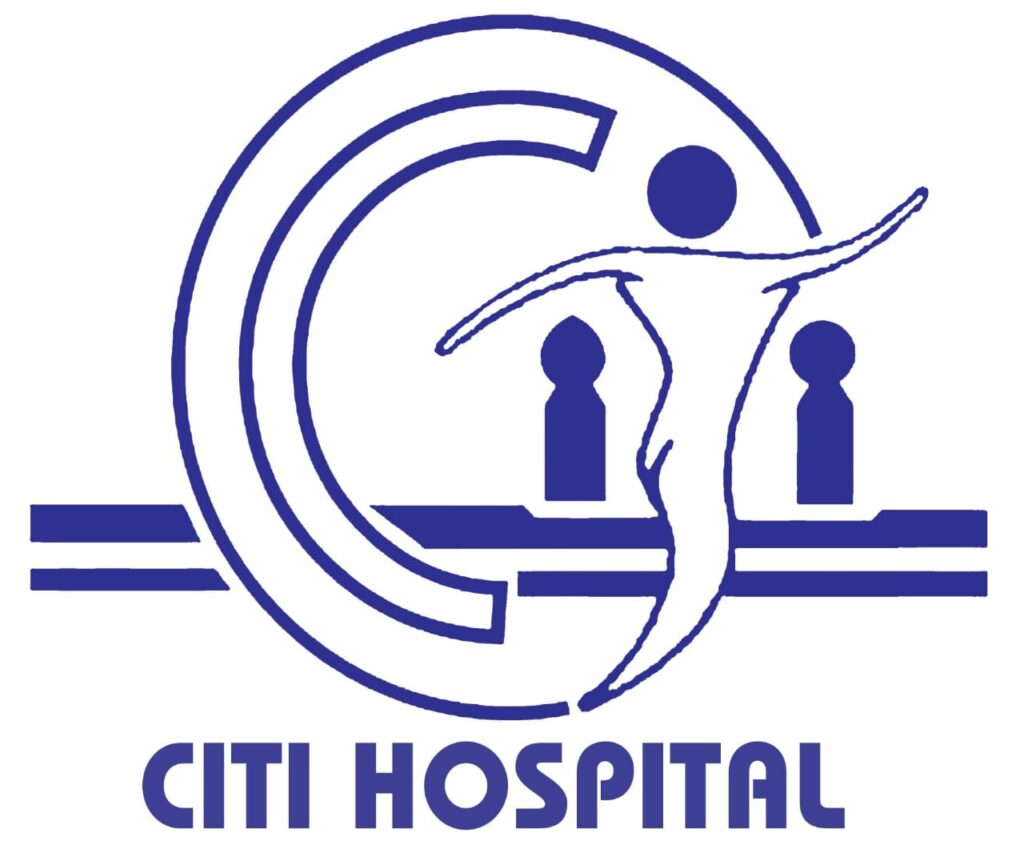What is Rectal Prolapse?
Rectal prolapse happens when the last part of the large intestine, called the rectum, slips out through the anus. This condition can cause discomfort and worry. Many people want to know about rectal prolapse symptoms, rectal prolapse treatment, and rectal prolapse causes. Although it can affect anyone, it is more common in older adults and young children. Early care can help prevent problems and improve quality of life.
Symptoms of Rectal Prolapse
Recognizing rectal prolapse symptoms early can help you get the right care. Some signs are easy to notice, while others may be mild at first. For example, you may see or feel a red, moist lump coming out of your anus. Other symptoms can include:Feeling like something is falling out of your bottom, especially after a bowel movementLeaking stool or mucus from the anusBleeding or pain during bowel movementsItching or irritation around the anusDifficulty controlling bowel movements (fecal incontinence)
However, not everyone will have all these symptoms. If you notice any of these signs, it is important to talk to a doctor.
Causes and Risk Factors
Rectal prolapse can happen for several reasons. Often, it is linked to weak muscles and tissues in the pelvic area. Some common causes and risk factors include:Chronic constipation or straining during bowel movementsLong-term diarrheaOlder age, as muscles weaken over timePrevious injury or surgery in the pelvic areaConditions that affect nerves, such as stroke or spinal cord injuryHaving multiple childbirths, especially vaginal deliveriesCystic fibrosis or other diseases that cause frequent coughing
Because some causes are preventable, knowing these risk factors can help you take steps to lower your risk.
How is Rectal Prolapse Diagnosed?
Doctors use several methods to diagnose rectal prolapse. First, they will ask about your symptoms and medical history. Next, they may do a physical exam. Sometimes, the doctor will ask you to strain as if having a bowel movement. This helps them see if the rectum slips out. In some cases, tests may be needed, such as:Colonoscopy to check for other problems in the colonImaging tests like MRI or X-rays to see the pelvic areaTests to measure how well the muscles and nerves work
Early diagnosis can help you get the best rectal prolapse treatment and avoid further issues.
Treatment Options for Rectal Prolapse
Treatment for rectal prolapse depends on your age, health, and how severe the problem is. For mild cases, simple changes may help. However, more serious cases often need surgery. Common treatment options include:Eating more fiber and drinking water to prevent constipationDoing pelvic floor exercises to strengthen musclesUsing stool softeners or laxatives as advised by your doctorSurgery to repair or support the rectum, which is often needed for adults
Because each person is different, your doctor will help you choose the best rectal prolapse treatment for your needs.
Prevention and Lifestyle Tips
While not all cases can be prevented, some steps may lower your risk of rectal prolapse. Try these tips:Eat a diet rich in fruits, vegetables, and whole grainsDrink plenty of water every dayExercise regularly to keep your muscles strongAvoid straining during bowel movementsUse the bathroom when you feel the urge, not laterManage chronic coughs or lung problems with your doctor’s help
By making these changes, you can help protect your pelvic health and lower your risk of rectal prolapse.
When to See a Doctor
If you notice any signs of rectal prolapse, do not wait. Early treatment can prevent problems and improve your comfort. You should see a doctor if you:See or feel a lump coming out of your anusHave trouble controlling your bowel movementsNotice bleeding, pain, or mucus from your anusFeel worried about any changes in your bowel habits
Remember, rectal prolapse is a treatable condition. With the right care, most people recover well.
Consult a specialist for personalized guidance on rectal prolapse.
🩺 Don’t delay your care.
📞 Book your consultation at Citi Hospital today!


